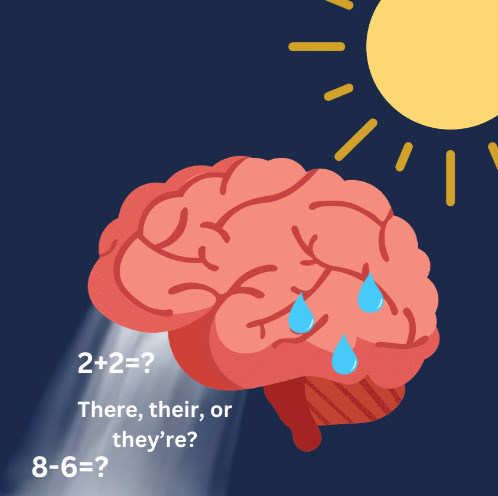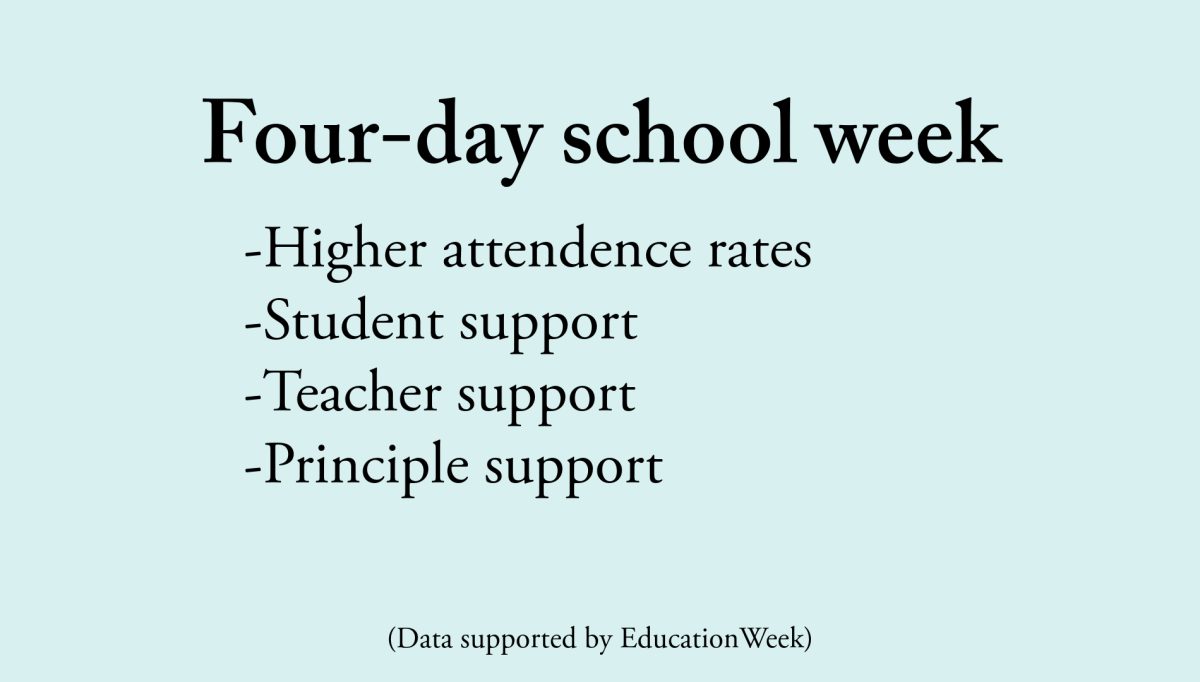SZA’s ‘SOS’ kills the billboards
January 23, 2023
After five years of silence, SZA has released her third studio album, “SOS”, which is making waves across the globe. It comes as no surprise that it became the most streamed R&B album in a single week, getting approximately 404 million streams the week it debuted.
Some have theorized that this album takes the audience through the five stages of grief: denial, anger, bargaining, depression and acceptance. The first track, which so happens to be the title track, “SOS,” acts as an introduction to ease into the album. The lyrics are beyond catchy; though, as you analyze them, you can feel her entitlement toward “what’s mine” and the constant reassurance of her superiority over others, which is why it’s interpreted as the only song on the album that portrays denial.
“Kill Bill,” “SOS”’s biggest hit, entails a storyline of killing her ex and her ex’s new girlfriend. The vocals are breathtaking, and the song flows very well—I can see why it debuted at number three on the Billboard Top Ten. I believe that this song does the best job of supporting the five stages of grief theory since it allows you to understand the outrageous actions she’s considering due to her anger and pain.
“Used (feat. Don Toliver)” showcases her bargaining stage of grief, as she’s coming to terms with the fact that her relationship was one-sided. This song is very meaningful, as many can relate to a time when they’ve felt taken advantage of. Also, the song “Notice Me” supports my theory. She explicitly says, “I’m not trying to be your girlfriend, I just wanna be your person,” exclaiming that she’s okay with not being seen romantically by her ex as long as she’s prominent in his life. It’s pretty repulsive when you think about how she’s okay with her value getting overlooked as long as the other person is in her life.
The beginning of her depression stage of the album starts with “Gone Girl,” and this stage probably lasts the longest of them all. You begin to see her grow out of the girl who fell in love with a man who caused her to spiral (but at least we got a killer album from it, right?). In this stage, you also see her lose a sense of self respect. In “Ghost in the Machine (feat. Phoebe Bridgers),” SZA sings, “Can you distract me from all the disaster, can you touch on me and not call me after,” and in “F2F” she claims “I f**ked him ‘cause I missed you,” which describes how she’s used hookup culture as a coping mechanism. “Ghost in the Machine (feat Phoebe Bridgers),” has some of the best harmony I’ve ever heard, and is probably one of the most emotional songs on the album. “F2F” is more of an upbeat, rock song that can be compared to 2000s pop, showcasing her versatility in music. It’s a really depressing song, but the listeners are so distracted by the amazing beat that they don’t even care.
“Nobody Gets Me” is by far my favorite song on the album. The lyrics are so meaningful and perfectly describe the inevitable feeling of loneliness after a breakup. It has a very mellow rhythm and can be seen as her transition to acceptance. SZA sings “I can’t lose what’s left of you,” sharing that she understands that she’s finally losing touch with her ex and simply cannot do anything about it.
This grief theory can get a little fuzzy once you get past this song, since the album then goes from “Conceited” to “Special,” two very different songs. “Conceited” is more of a self-love anthem, perfectly showcasing her acceptance of this breakup. “Special,” however, is a very sentimental ballad, where she’s seen reminiscing about how she has lots of improving to do. I decided to interpret this as an artistic choice portraying that healing isn’t linear. What I found fascinating is that on her previous album, “CTRL”, she has a song titled “Normal Girl,” where she goes on and on about how badly she wants to be viewed as society’s definition of “normal” then five years later describes how she wants to feel unique. Interestingly, in “Special,” she constantly reiterated, “I hate that you made me just like you,” portraying how she gave up all of her individuality to fit someone else’s ideal woman.
“Too Late,” is definitely the biggest shift towards acceptance, as SZA acknowledges that it’s “too late for us,” meaning that she understands that she’s officially lost her ex. We sense a more positive shift in the following track, “Far,” as she claims she’s “done being used, done playing stupid, done faking cool,” causing her to stray further and further from her ex.
Both of these songs are good, but I believe the best example of acceptance, and arguably her best song of all time, is “Good Days.” The instrumentals, the vocals and almost every aspect of this song are perfect. It’s a very uplifting song that happened to be this album’s lead single, which debuted on Christmas of 2021, and was an amazing choice.
“SOS” is arguably one of the best albums SZA has ever put out, or dare I say one of the best R & B albums of all time. The emotional rollercoaster it puts you through is simply unmatched, with vocals comparable to some of the world’s best artists. Obviously, with twenty-three songs, there are definitely going to be some better than others, but I can confidently say this is a no-skip album.
























































































